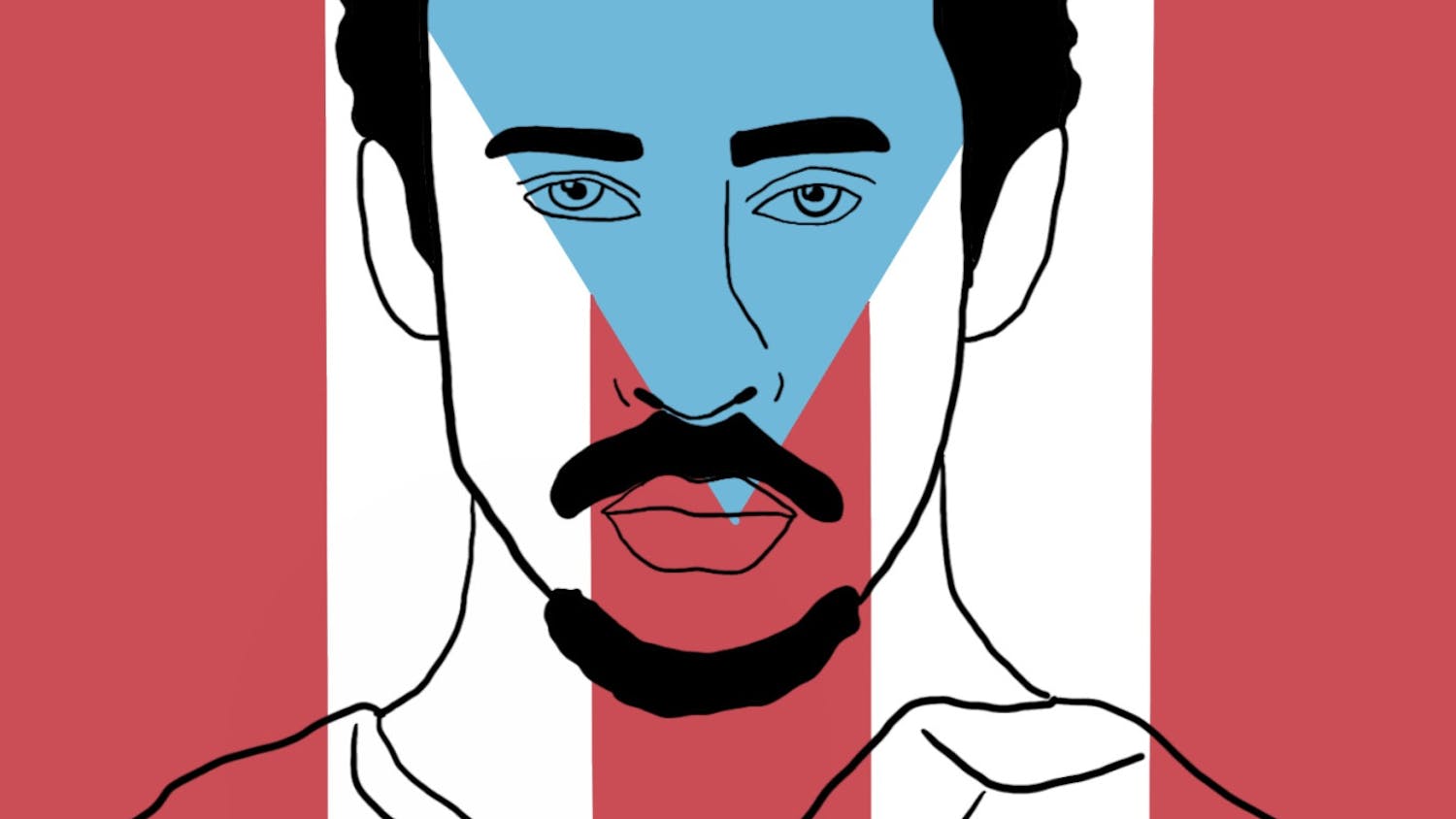Ohio University’s Patton College of Education is making an effort to change the structure of current and future classrooms. The college is aiming to bring Black men into education fields and increase diverse learning through two new initiatives: Hip-Hop OHIO Patton Education, or HOPE, and Brothers Rallying to Inspire and Shape Education, or Brothers RISE.
The goal of those programs is to alter the culture of modern classrooms through educating future teachers on culturally relevant teaching techniques and integrating more Black men into the field.
Jason Rawls is the coordinator for both of those programs, which both officially began this fall. Rawls is an associate professor of instruction who focuses specifically on the intersection of education and music.
Rawls said the inspiration for the Brothers RISE program was the statistically low presence of Black men in teaching positions.
“African American male teachers — there's less than 1% of them in Ohio schools,” Rawls said. “So it was initially thought of as a plan to try to attack some of that, to try to rectify that. Brothers RISE is a program developed for African American males in the College of Education. The idea is to recruit, retain and hopefully graduate them. It's basically just making sure that they get through so that we have more African American male educators.”
Thus far, the Brothers RISE program has accounted for a 600% increase in Black males in Patton College. Robert Murphy, a member of the Patton College of Education Dean's Circle of Engagement, said the efforts to increase Black male teachers in the classrooms have a significant impact on the Black male students they reach.
“There's a lot of research out there, national research, about the impact of having an African American male teacher, especially for African American students,” Murphy said. “There's a lot of data out there on the positive impacts of having an instructor who looks like you — makes you feel a little bit more comfortable, feels like maybe they can relate to you a little bit more.”
While the Brothers RISE initiative focuses primarily on Black male students, the HOPE initiative is open to anyone. Murphy said the transition to implement hip-hop into a classroom setting will help future teachers build stronger relationships with their students and ultimately connect with them more.
“(It’s a) national movement because the hip-hop culture is so dominant,” Murphy said. “So using that pedagogy to help educate students and then to also incorporate that into those who are going through the process of becoming teachers; they can use that pedagogy in their teaching once they start teaching.”
The HOPE program currently consists of six courses, the first of which was offered this Fall Semester and the second of which will be offered in the spring. Rawls is the professor for these courses, which each utilize constructs from Hip-Hop Based Education, or HHBE, to educate teachers on the value of hip-hop within the classroom and how its aesthetics can increase student engagement.
Jaina Stanley, a freshman studying early childhood education, is currently enrolled in the introductory course: “Introduction to Hip-Hop Based Education.” Stanley said the course has shown her how to connect with students in a unique and diversified way.
“The class is essentially, as a whole, about being able to relate to your students at a level other than just education and teaching them in a classroom — to be able to relate to their different demographics, their different cultures and their different backgrounds,” Stanley said. “And so far, we've gotten into where hip-hop started from, and how (Rawls has) used that.”
Throughout her time in the class thus far, Stanley said she has noticed how the integration of non-traditional education courses can be greatly advantageous for students.
“I think it's really beneficial,” Stanley said. “I think it would be really beneficial, personally, for every student who wants to be an educator, or even people who are educators now, to take a course like this. It really does help open your eyes to how important it is to be able to teach kids differently because they all learn different ways.”
While each of the programs have a focus on increasing the number of Black men in education positions, Rawls said the efforts made within the programs extend far beyond that specific demographic and can be beneficial to all educators and students.
“The purpose of (these programs is) to definitely reach as many students as possible,” Rawls said. “The main thing I want people to understand is this is not just something for people that do hip-hop or not just for Black people, this is for everyone to help education and educators everywhere.”






